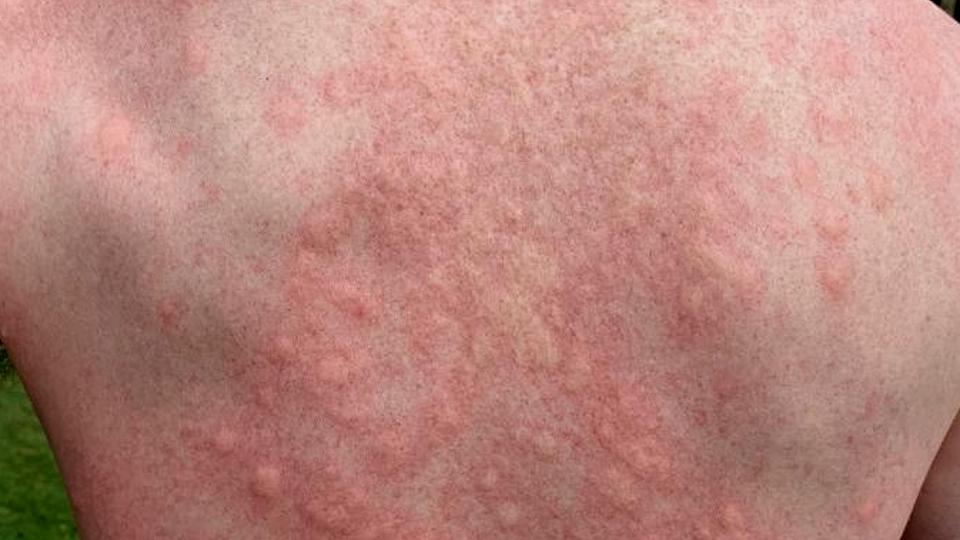Dermatology pharma Alys launches with $100m from Medicxi

European life sciences investor Medicxi has bundled together six privately-held companies with dermatology medicines in development under a single drugmaker – called Alys Pharma – which starts life with $100 million in financing.
The new company, based in Boston and Geneva, will be focused on immuno-dermatology and comes into being with 14 active R&D programmes across six operating subsidiaries, in therapeutic areas that include psoriasis, atopic dermatitis, pruritus, vitiligo, and some forms of skin cancer.
It brings together Aldena Therapeutics, Graegis Pharmaceuticals, Granular Therapeutics, Klirna Biotech, Nira Biosciences, and Vimela Therapeutics and has pledged to deliver seven to 10 proof-of-concept readouts within the next three years, as well as one project in pivotal testing.
Alys has been co-founded by Medicxi and an illustrious team of dermatology and scientific experts from around the world, including UMass Chan Medical School’s Craig Mello who won the Nobel Prize for Physiology or Medicine in 2006 for his work on RNA interference.
Other founders include UMass Chan’s vitiligo expert John Harris – who will act as chief innovation officer – along with neuroimmunology specialist Brian Kim of Icahn School of Medicine at Mount Sinai, and dermatology doyens Lars French of Ludwig Maximilian University (LMU) in Munich, Eric Deutsch of the Institut Gustave Roussy, and Georgia Institute of Technology’s Mark Prausnitz.
The clinical and scientific founders all have minority stakes in Alys and their expertise is leavened by experienced biopharma leadership, including co-founder and chief operating officer Thibaud Portal – formerly global head of prescription medicines at Galderma – and Medicxi’s Francesco De Rubertis, who has been named as chairman.
Alys’ formation is reminiscent of Medicxi’s earlier asset-focused play with Centessa, which was set up in 2021 and incorporated 10 companies, launching with $250 million in funding. As with the Alys deal, the component companies each had a main asset that would be developed largely autonomously by the existing team.
De Rubertis said that bringing the dermatology assets together under a single company banner “will power up Alys to transform innovation in immuno-dermatology,” adding that each individual company “will hugely benefit from this change of scale and facilitated access to capital.”
The strategy isn’t to compete in established markets, but to develop new medicines that address patients who don’t have therapeutic options available, including in common indications like atopic dermatitis. Additional fundraising may take place later in the year to help fund its ambitious clinical development plans.
According to the company’s website, its lead drug candidate is a small-molecule-based medicine delivered as a thermosensitive dermal gel for dermatitis associated with radiotherapy, with other projects due to start trials within the next year or so, including a peptide therapy for vitiligo and an siRNA-lipid conjugate for alopecia areata.













